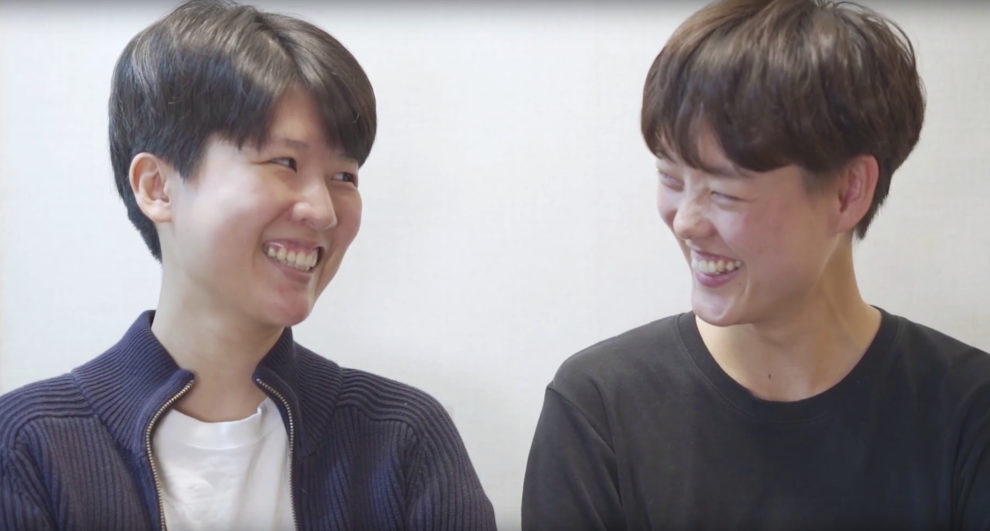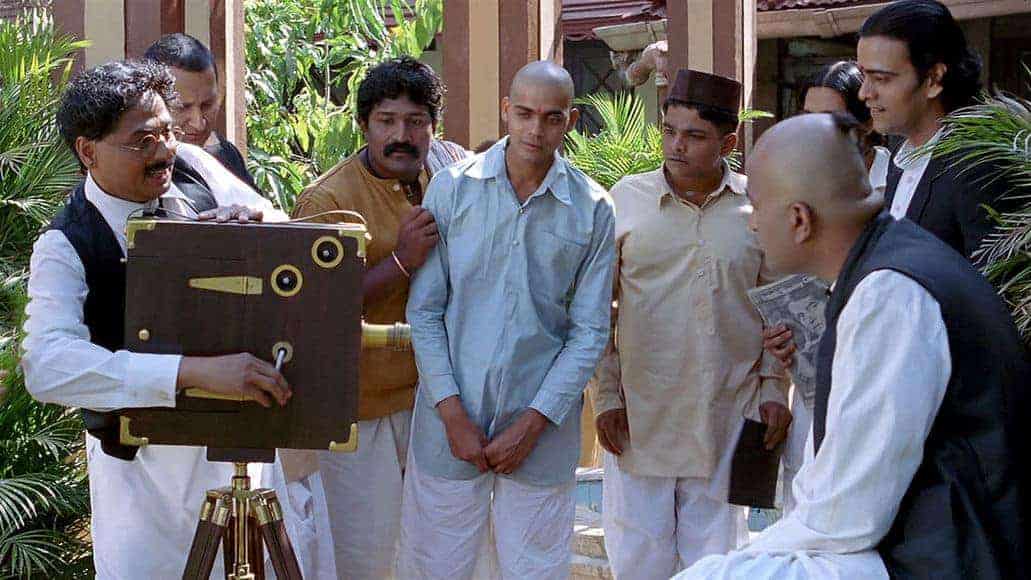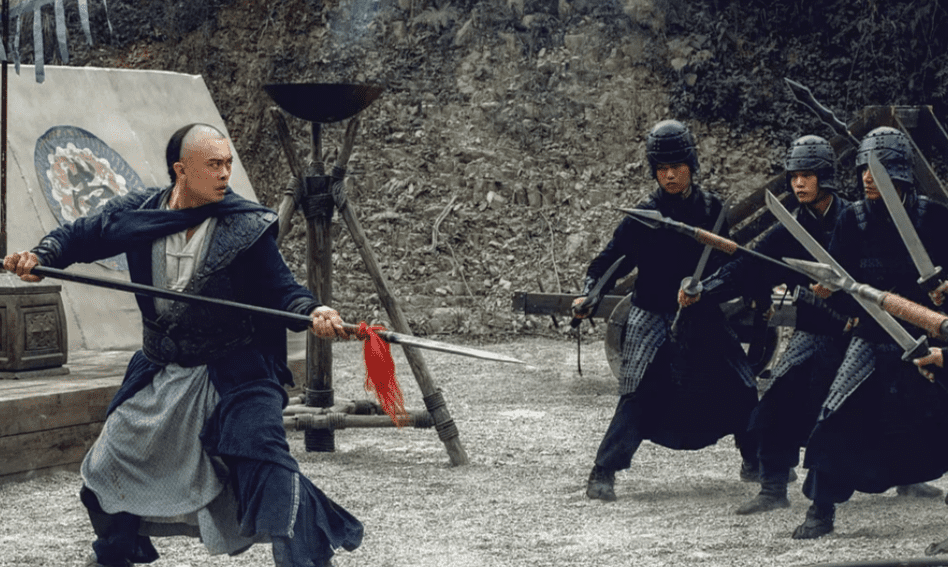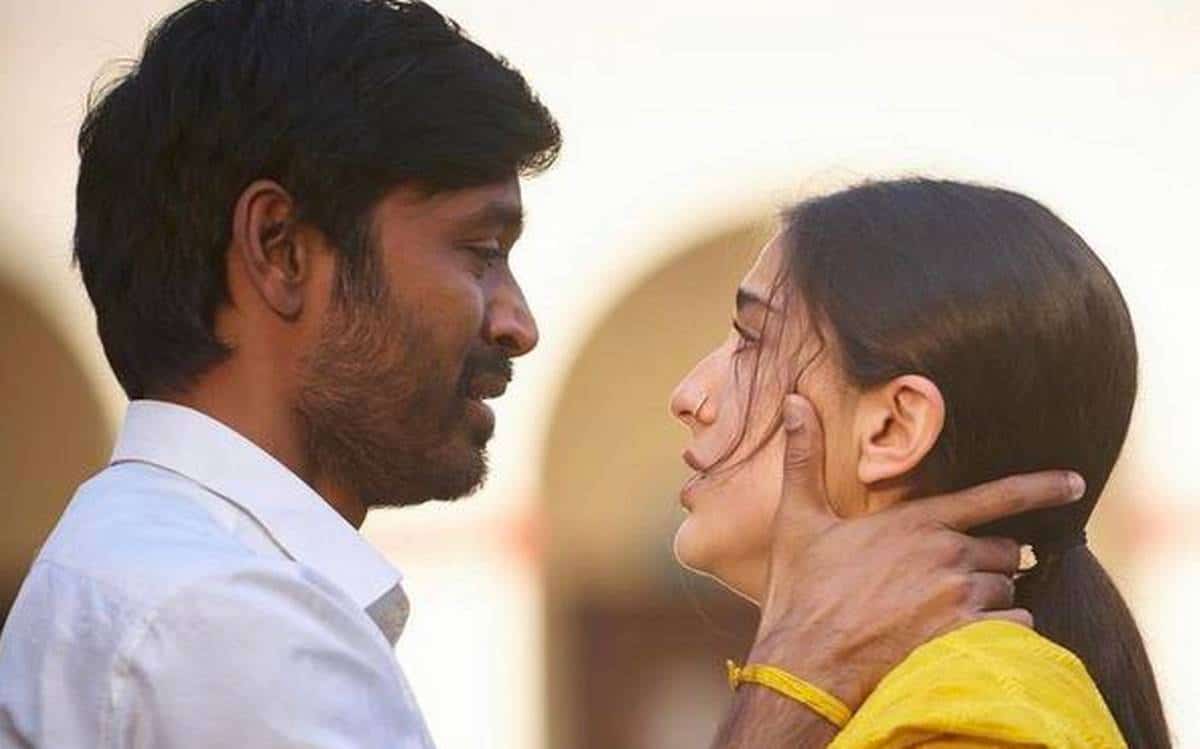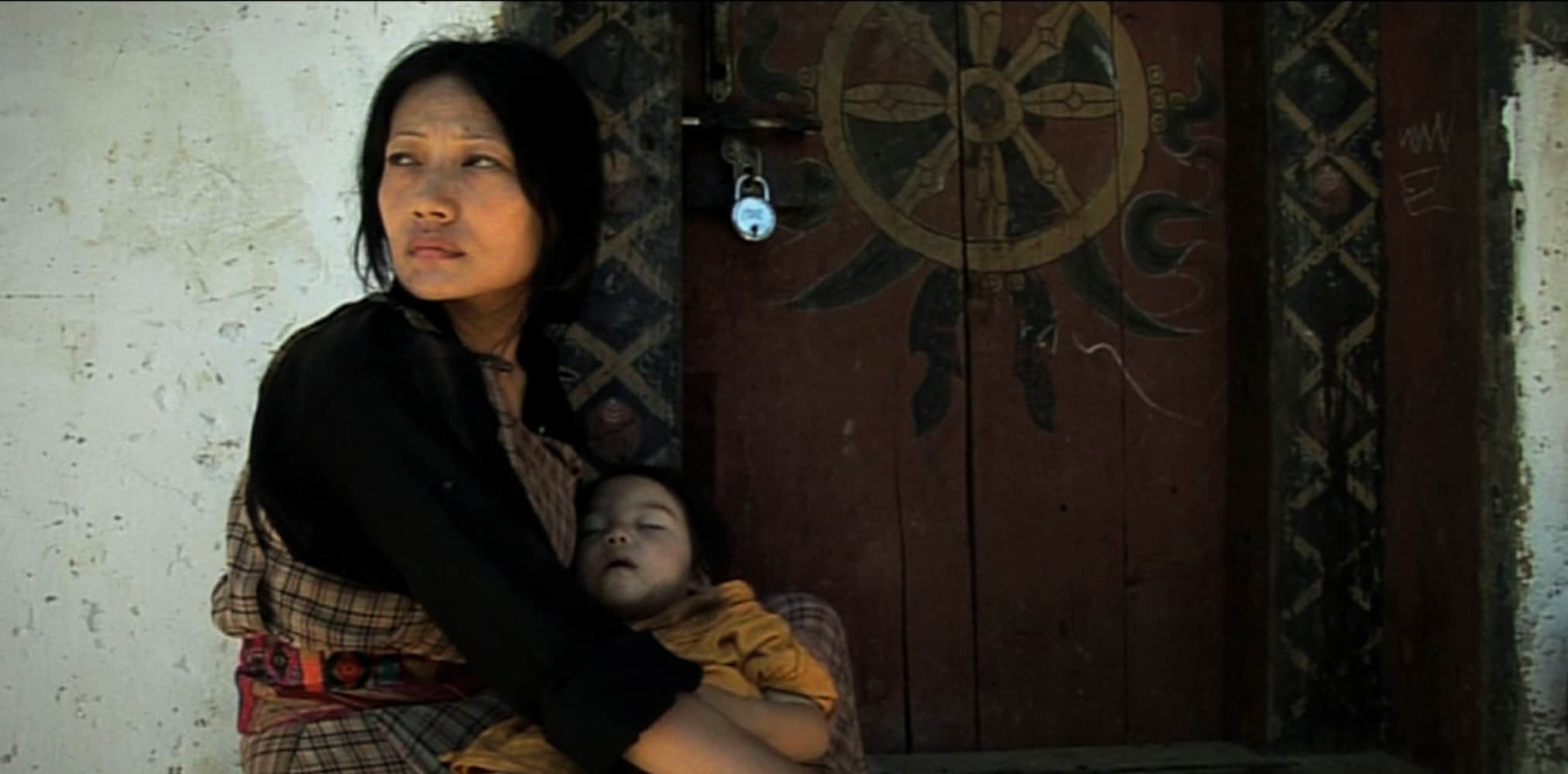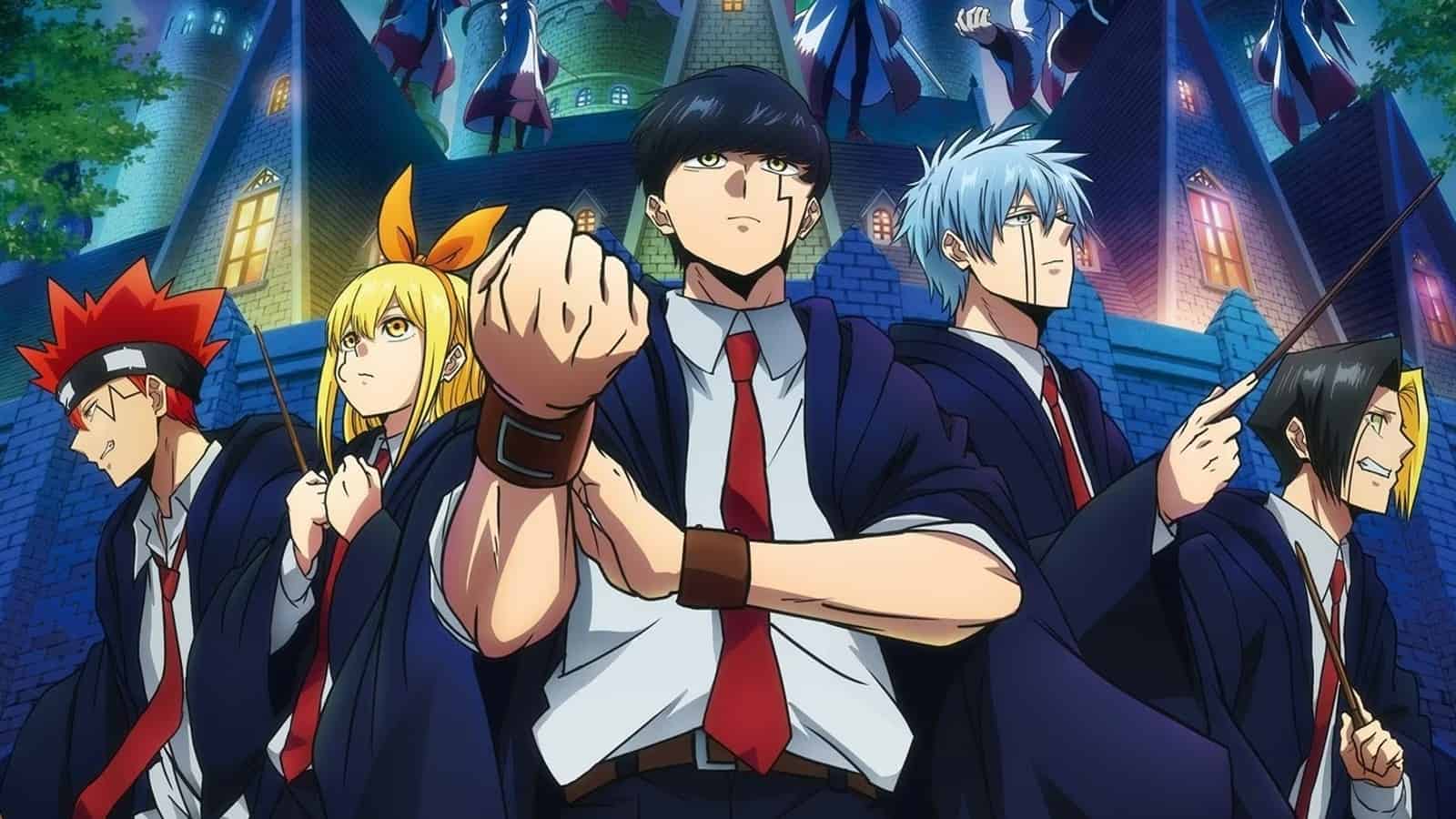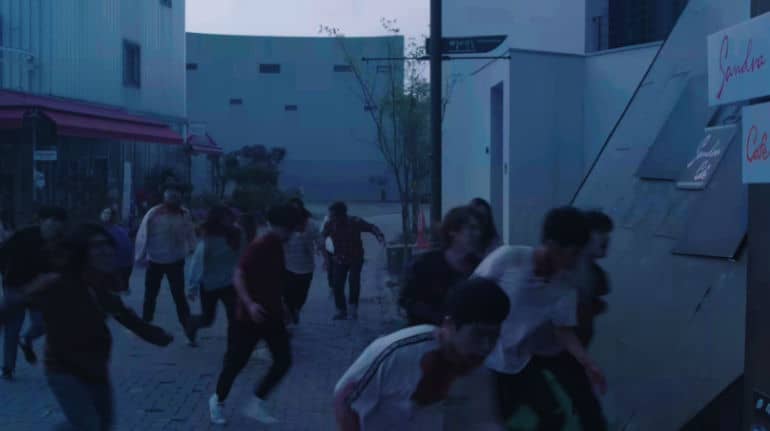South Korea's rapid economic growth has nurtured a very toxic environment for women. In 2020, South Korea ranked 108th out of 153 countries in terms of the gender gap between men and women, with only 2.1% of women in companies board of directors, according to the official report from the World Economic Forum. It also has the highest gender pay disparity among all OECD (Organisation for Economic Co-operation and Development) countries; women working in Korea earn only 63% of what men earn. Moreover, women hold only 17% of seats in the National Assembly which is in the fifth lowest among OECD countries.
“Movements” is screening in Hong Kong Arts Centre on Friday 30/7 at 7:30 pm
as part of Women Direct. Korean Indies! – Korean Women Independent Film series, under the signature programme of the Hong Kong Arts Centre, Independently Yours
In this deeply patriarchal society, women must conform to an idea of femininity which is unrealistic to say the least. Korean beauty standards prioritize a slim figure, small face, v-shaped jaw, pale skin, straight eyebrows, flawless skin, and large eyes. In a country where a news presenter (Lim Hyeon-ju of “MBC News Today”) made national headlines only for being the first ever woman in Korean history to wear glasses on air, women are pressured to conform to societal expectations and spend a significant amount of money, time and energy into make-up, diets, dresses and – sadly – plastic surgery. Nearly 40% of women experience discrimination based on their appearance when applying for jobs. To get to a job interview you could easily be asked for photos, as well as information about your height and weight.
Today, South Korea is widely considered the capital of plastic surgery of the world, having the highest number of cosmetic procedures per capita worldwide. A third of young women have gone under the knife for double eyelid surgeries, double jaw surgeries, nose bridge surgeries and other facial modifications. In addition, the Korean cosmetic market is worth about $12.5bn, with brands that are sought after around the world. These impossible beauty standards have been largely influenced by media personalities, including actresses, TV celebrities and K-pop stars.
However, among a wider feminist awakening in South Korea (see also the recent “Kim Ji-young: Born 1982”), a growing movement is fighting against these taxing aesthetic guidelines that call for women to spend hours applying makeup and perform skincare regimes, before even setting foot out in the morning, to go to work or even to school. This movement, which is the subject of Lee Mi-hae's documentary “Escape the Corset”, appeared slowly in 2018 when women started to post videos of them destroy or trashing their make-up and encouraging others to do the same, on social media. The videos bore the hashtag #탈코 (#escape_the_corset), where the corset was a symbolic way to include all the beauty standards women are constricted into and forced to conform to. Beside ditching the cosmetics, a more radical action started later to identify the members of the Escape movement, something that in Korea is considered a real taboo for women, a short haircut. The absurdity of such a taboo is a good starting point to ponder and consider the dire situation of Korean women. As one of the women in the film remarks: “Being a woman in Korea is a movement in its own right”.
Directress and militant Lee Mi-hae has put together a selection of opinions and confessions of friends, co-militants, and feminist personalities about the Escape the Corset and the significance of the movement in today's Korea. Shot like a classic talking-head-style documentary and punctuated with some cute animation sequences, the film unfolds following a logic development. The first part collects experiences of childhood and the way boys and girls are pushed very early into a strict separation of roles: boys should fight, and girl should care and cultivate beauty. In Korean popular kid animation “Poroporo” (a baby shark) the roles of mother shark is strictly fixed, being cooking, caring and protecting. Seoul city Family Centre head, Lee Myun-ghwa highlights: “The age group that wear make-up is decreasing considerably […] introducing children into a kind of culture created by adults”. Many of the young women interviewed describe their anxiety in conforming with a common idea of prettiness since childhood and the peer pressure to get dolled up and apply make-up, not only for dates, but also in everyday school-life.
The documentary continues with the accounts of the liberating haircuts and the reactions to that. A two-block haircut, the typical K-pop look, is considered very wrong for women, triggering abusive comments from passers-by “Are you a man? Are you a lesbian?” and reducing mums to tears thinking their daughters will never get married or employed. “Short hair sickness” is the common joke that short hair always makes you ugly. Feminist philosopher Yoon-Kim Ji-Young uses the carrot and stick metaphor: “The patriarchal society has been able to dominate women for so long […] because they have always given them carrots. The carrot, the sweetness, was the value of beauty. When they said that women can be loved, successful and happy through the value of beauty, women didn't want to give up on this”.
Lee Mi-hae's documentary has the great quality of retaining a positive attitude and a confident tone of voice all the way, honest but not excessively angry. Instead, a serene sense of happiness and liberation transpires from these stories of rejection of the socially defined idea of a woman. A path to discovery and acceptance is what the film invites women to and wishes the new generations to grow free from conditioning and self-blame. Essential and mind-opening watching.


